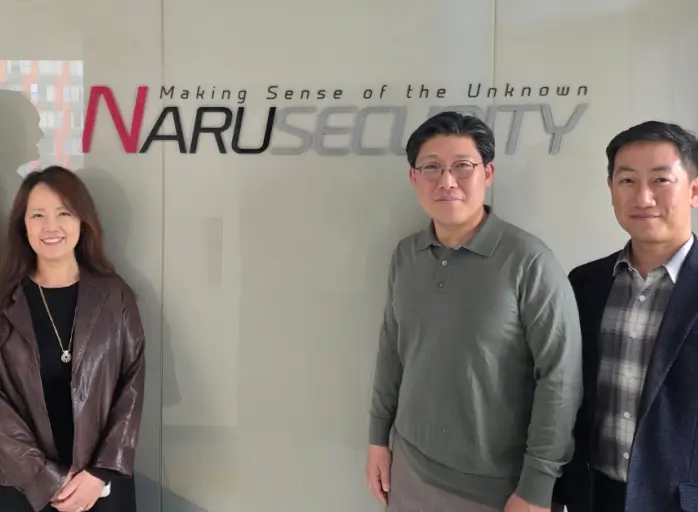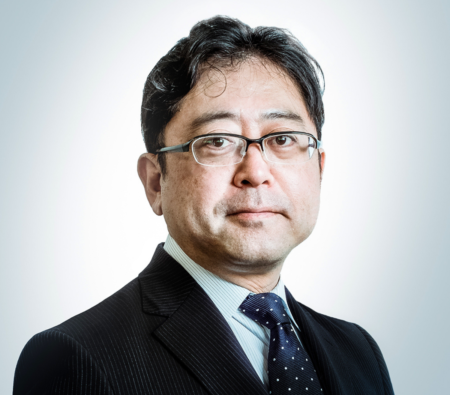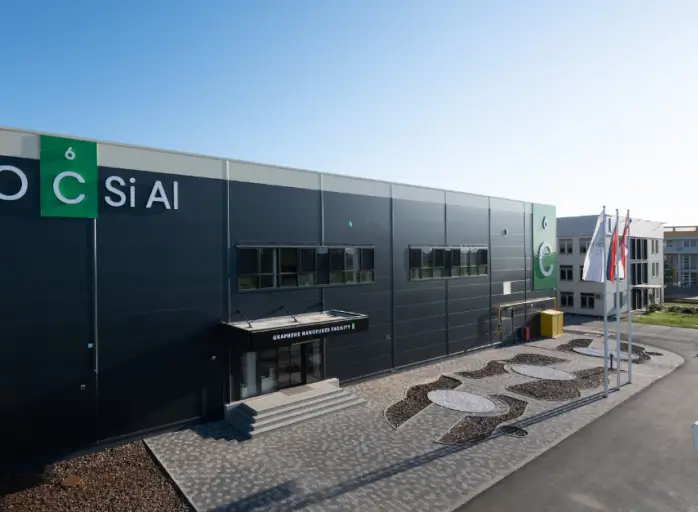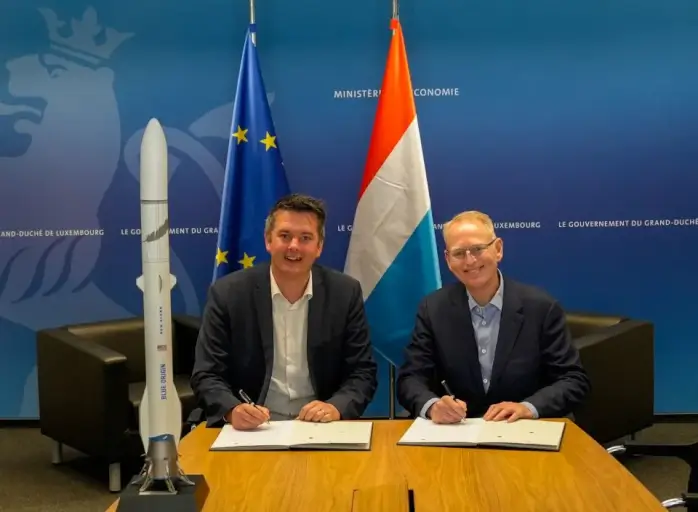

“Break down the diversity barriers”
Opening a first European office is a big step for many international companies that do not only need to handle business aspects, but also cultural and linguistical challenges. Toshihiko “Toby” Otsuka, CEO of Rakuten Europe, shares how this Japanese company managed to overcome such barriers when establishing its European headquarters in Luxembourg.
 Lena Mårtensson
Lena Mårtensson
Toshihiko “Toby” Otsuka: “Rakuten, a global innovation company offering services in e-commerce, fintech, digital content and communications, was founded in Japan in 1997. We opened our European headquarters in Luxembourg in 2008.
English: the key to communication
 When we decided to expand to the global market, Rakuten was an almost exclusively domestic company with Japanese employees and Japanese as our language of communication. We realised that if we wanted to go international, this had to change. Led by our founder and CEO Hiroshi “Mickey” Mikitani, we decided to make English the official corporate language – “Englishnization”, a quite radical decision for a Japanese company, but necessary to break down the invisible barriers that exist between Japanese and international colleagues in almost all major Japanese companies.
When we decided to expand to the global market, Rakuten was an almost exclusively domestic company with Japanese employees and Japanese as our language of communication. We realised that if we wanted to go international, this had to change. Led by our founder and CEO Hiroshi “Mickey” Mikitani, we decided to make English the official corporate language – “Englishnization”, a quite radical decision for a Japanese company, but necessary to break down the invisible barriers that exist between Japanese and international colleagues in almost all major Japanese companies.
Making English the official corporate language was a quite radical decision for a Japanese company, but necessary to break down the invisible barriers.
Toshihiko “Toby” Otsuka, Rakuten
We provided all our staff with English lessons and encouraged them to reach a certain level of proficiency within 3-5 years. The initiative turned out to be very successful: over 95% of our staff achieved this ambitious objective. With this as a solid foundation, we started expanding into Europe and the US by acquiring companies and doing greenfield investments in several different companies.
Recruiting top talents to the European headquarters
We were directly exposed to the cultural and linguistic diversity that is so much greater in Europe than in Japan. With English as our corporate language, we can recruit top talents regardless of their nationality. One reason for setting up our European headquarters in Luxembourg – in addition to its central location – was that it is one of the few places where we could easily find people for corporate functions who are perfectly fluent in English. With a diversified management team, we can understand the diversity and inclusion aspects of post-merger integration, which are crucial for success.
With English as our corporate language, we can recruit top talents regardless of their nationality.
Toshihiko “Toby” Otsuka, Rakuten
We also had to deal with more administrative and regulatory diversity in Europe than I expected. Although the EU has done a lot to harmonise laws, regulations and policies, for example in the field of data, we deal with local data protection authorities that do not always have the same approach. I appreciate that the European Commission is making tremendous efforts to achieve further harmonisation, but often it is still work in progress.
Good business environment
However, one advantage of being in Luxembourg is the good business environment and the short distance to other big global players as well as to authorities. It is much easier to have a fruitful dialogue with relevant stakeholders and partners there.
One advantage of being in Luxembourg is the good business environment and the short distance to other big global players as well as to authorities.
Toshihiko “Toby” Otsuka, Rakuten
Over the past decade, we have had mostly good, but also some challenging, experiences with merging with acquired companies in different countries. Overall, we are constantly growing and have multiplied our revenues by 10. We are definitely on track.”







